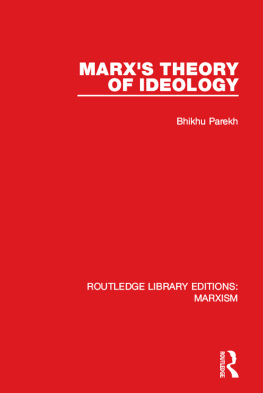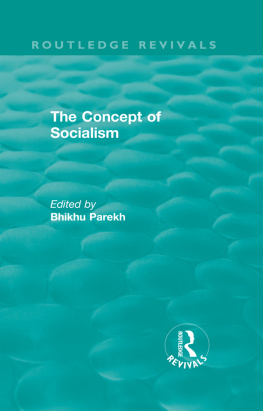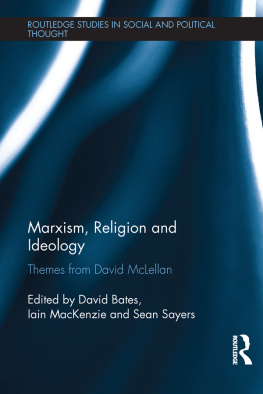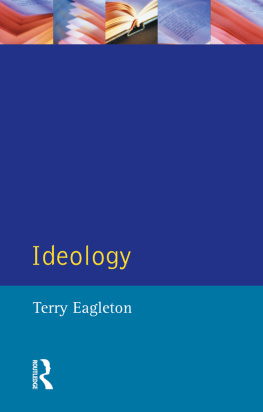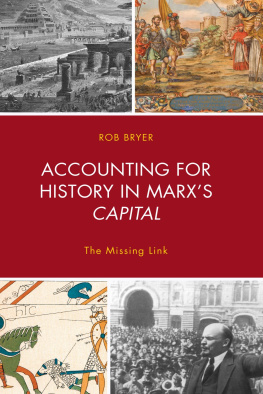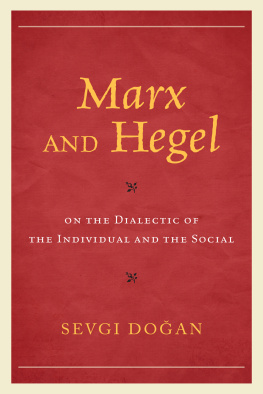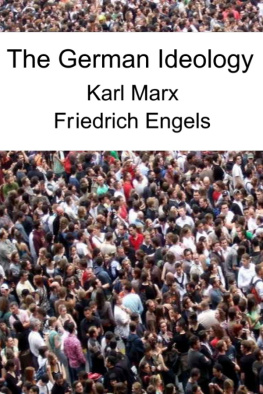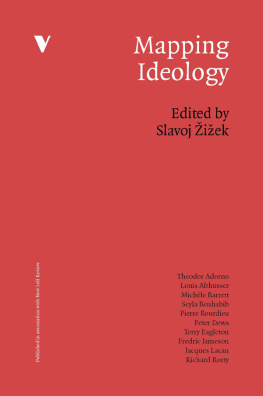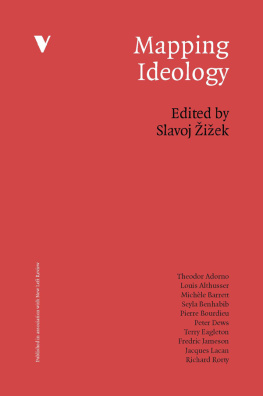First published in 1982
This edition first published in 2015
by Routledge
2 Park Square, Milton Park, Abingdon, Oxon OX14 4RN
and by Routledge
711 Third Avenue, New York, NY 10017
Routledge is an imprint of the Taylor & Francis Group, an informa business
1982 Bhikhu Parekh
All rights reserved. No part of this book may be reprinted or reproduced or utilised in any form or by any electronic, mechanical, or other means, now known or hereafter invented, including photocopying and recording, or in any information storage or retrieval system, without permission in writing from the publishers.
Trademark notice: Product or corporate names may be trademarks or registered trademarks, and are used only for identification and explanation without intent to infringe.
British Library Cataloguing in Publication Data
A catalogue record for this book is available from the British Library
ISBN: 978-1-138-85502-1 (Set)
ISBN: 978-1-315-71284-0 (Set) (ebk)
ISBN: 978-1-138-88793-0 (Volume 22) (hbk)
ISBN: 978-1-315-71381-6 (Volume 22) (ebk)
Publishers Note
The publisher has gone to great lengths to ensure the quality of this reprint but points out that some imperfections in the original copies may be apparent.
Disclaimer
The publisher has made every effort to trace copyright holders and would welcome correspondence from those they have been unable to trace.
Marxs Theory of Ideology
BHIKHU PAREKH
1982 Bhikhu Parekh
Croom Helm Ltd, 2-10 St Johns Road, London SW11
British Library Cataloguing in Publication Data
Parekh, Bhikhu
Marxs theory of ideology.
1. Ideology
I. Title
145B823.3
ISBN 0-7099-0045-7
Printed and bound in Great Britain by
Biddles Ltd, Guildford and Kings Lynn
Marxs theory of ideology charts a hitherto unexplored epistemological terrain. In the course of his study of such thinkers as Hegel, the young Hegelians and the classical economists, and the past and present societies, Marx discovered a distinct form of reasoning about man and society. It was ahistorical and universalistic in form, systematically biased in its orientation, justificatory in its implications, and involved distinct logical fallacies. Marx was struck by the fact that this pervasive and mistaken form of reasoning had never before been noticed and exposed. Following the contemporary usage he called it ideology, and characteristically invested the term with a new range of meanings. He analysed its logical structure, identified its characteristic fallacies and proposed an alternative form of reasoning about man and society. For him ideology was not an abusive slogan to be used to discredit the opponents, nor a general term describing any organised body of beliefs, but a theoretical concept, an epistemological category designed to conceptualise a specific form of thought.
Like all intellectual explorers Marx had great difficulty articulating his discovery in unambiguous terms. He formulated it in different idioms and gave conflicting accounts of it in different writings. He made exaggerated claims for it, and overlooked many a difficult problem raised by it. Above all he confused the phenomenon he had discovered with the others that looked like it, but were, in fact, very different. As we shall see, throughout his life Marx used the term ideology to mean both idealism and apologia. He evidently thought that the two were logically connected, that idealism led to apologia and the latter required idealism as its necessary epistemological basis, but never clarified the nature of the connection. Similarly he thought that ideology and what has since come to be called the social determination of knowledge were closely connected, but remained unclear about the connection.
Since Marx did not offer an unambiguous statement of his theory of ideology, it has been interpreted in many different ways, some extremely dubious and implausible. For example, some commentators have maintained that for him, ideology refers to such things as illusory ideas, false ideas determined by class interests, class-conditioned thought, unfounded ideas manufactured at the prompting of an unconscious wish or interest, and a body of justificatory beliefs. Apart from the fact that there is little textual evidence to support these crude views, which generally rely on some careless remarks in the German Ideology, they reduce a highly complex theory to a slogan, and destroy its historical integrity. Since most criticisms of Marxs theory of ideology are based on such interpretations, they miss the target and are grossly unfair to him. Again, several commentators have argued that Marx was a relativist, rejected the concept of objective truth in favour of class truth, and inconsistently claimed to have offered an objective knowledge about the human history in general and capitalism in particular. Although the criticism is one of the commonest, there is little textual evidence to support it. What is more, Marx cannot be a relativist. Relativism is a form of absolutism. It singles out a specific factor and turns it into an absolute. Since Marxs theory of ideology was primarily designed to undermine all forms of absolutism, it can have nothing to do with relativism either.
My purpose in the book is to articulate the logical structure and epistemological basis of Marxs theory of ideology. Since Marxs theory of ideology is somewhat ambiguous and confused, an exposition of it is necessarily an interpretation, and any interpretation is necessarily a form of collaboration. In order to highlight its logical structure, I have felt it necessary to develop arguments he left inchoate, draw distinctions he only hinted at, and articulate his targets and presuppositions more fully than he did. This may sound arrogant, but it is not. Marx developed many fascinating ideas which he did not have the energy, will or time sufficiently to distinguish and defend. If his Capital were to be excluded, he has left behind little more than clusters of brilliant insights. Like Rousseau and Nietzsche, he never systematically worked them out, and tended to express them in striking epigrams and arresting casual remarks requiring sustained reflection in order to squeeze out their full philosophical significance. This may partly explain why the brief first part of the German Ideology and a couple of pages of Theses on Feuerbach have inspired a greater body of literature than the three bulky tomes of Capital put together. Like all creative writers Marx requires sympathy and help; sympathy in order to enter into his world of thought in its own terms, and help to enable him fully to articulate, refine and bring out the full theoretical power of his insights. Without either, a commentator is in danger of getting distracted by his ambiguities, confusions, inadequate arguments and exaggerated claims, and unfairly dismissing his whole system of thought as a philosophical farrago.thought is long overdue, but it cannot be undertaken without a full appreciation of both his greatness and limitations.

